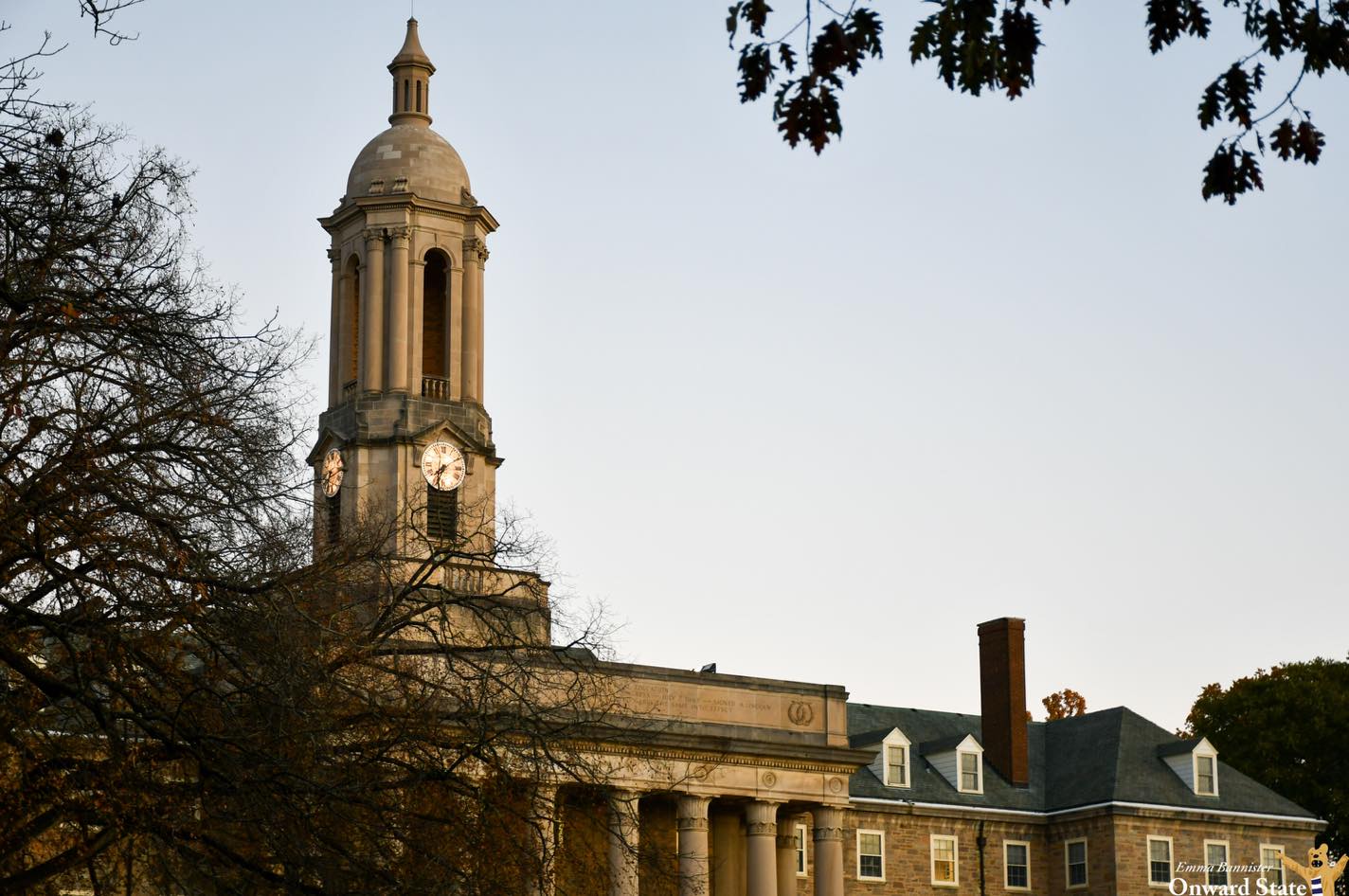A former Penn State trustee alleges the university and board leaders defamed him and violated his constitutional rights in retaliation for his requests for financial information and exercising protected speech.
Barry Fenchak’s new lawsuit, filed Thursday in the Philadelphia Court of Common Pleas, is the latest salvo in a series of legal battles with the university stemming from his calls to review documents related to administrative fees for the university’s endowment and the athletic department’s 10-year agreement with ticketing firm Elevate.
An August 2024 letter from former board chair Matthew Schuyler and current chair David Kleppinger denying his requests “crafted a false narrative” that he had violated confidentiality, was untrustworthy, put the university at risk and was not competent to be entrusted with sensitive information, Fenchak’s attorney Steven Marino wrote. Marino has represented former Penn State football team doctor Scott Lynch in legal actions, including a successful $5.25 million wrongful termination lawsuit, against the university.
The letter became public as part of a filing in another lawsuit filed by Fenchak last year seeking access to the financial information he said was necessary to fulfill his fiduciary duties as a trustee.
Fenchak and the board ultimately reached an agreement for him to review the documents. But he says the board leaders also used a complaint about his interaction with a female staffer as a pretext to remove him from his position.
The board and university launched a sexual harassment investigation after Fenchak remarked to an information technology employee after a meeting that when he wears a ball cap his wife says he looks “like a penis with a hat on.” Fenchak said he intended it as self-deprecating joke referencing a line from the movie “A League of Their Own.”
A board nominating subcommittee cited that incident and other alleged failures to abide by standards of conduct to keep him off the ballot for election by alumni in the spring. (Fenchak unsuccessfully sued to be placed on the ballot.)
In late June, days before his term was about to expire, the board again cited the interaction in voting to permanently remove him as a trustee.
The complaint states that the university and board knew that board members’ requests for information they reasonably believe to be necessary to their fiduciary duties are protected speech because of a state appeals court ruling in 2017 that upheld a decision to grant several Penn State trustees access to the source materials for Louis Freeh’s report on the investigation of the Jerry Sandusky sexual abuse scandal.
It also paints the board’s actions against Fenchak as part of a pattern of retaliating against outspoken trustees. Another alumni-elected trustee, Anthony Lubrano, was reprimanded and the subject of a “covert investigation” after he proposed naming the field at Beaver Stadium in honor of Joe and Sue Paterno during a public meeting and discussed private conversations about the proposal in radio and TV interviews.
Fenchak’s nine-count lawsuit alleges defamation, false light invasion of privacy, breach of duty of confidentiality and loyalty and multiple claims of First Amendment violations.
He is seeking compensatory and punitive damages, attorney fees and court costs.
A Centre County judge in August dismissed a separate lawsuit brought by Fenchak over board bylaws requiring trustees to publicly support majority decisions and restricting negative statements about the university’s governing body



